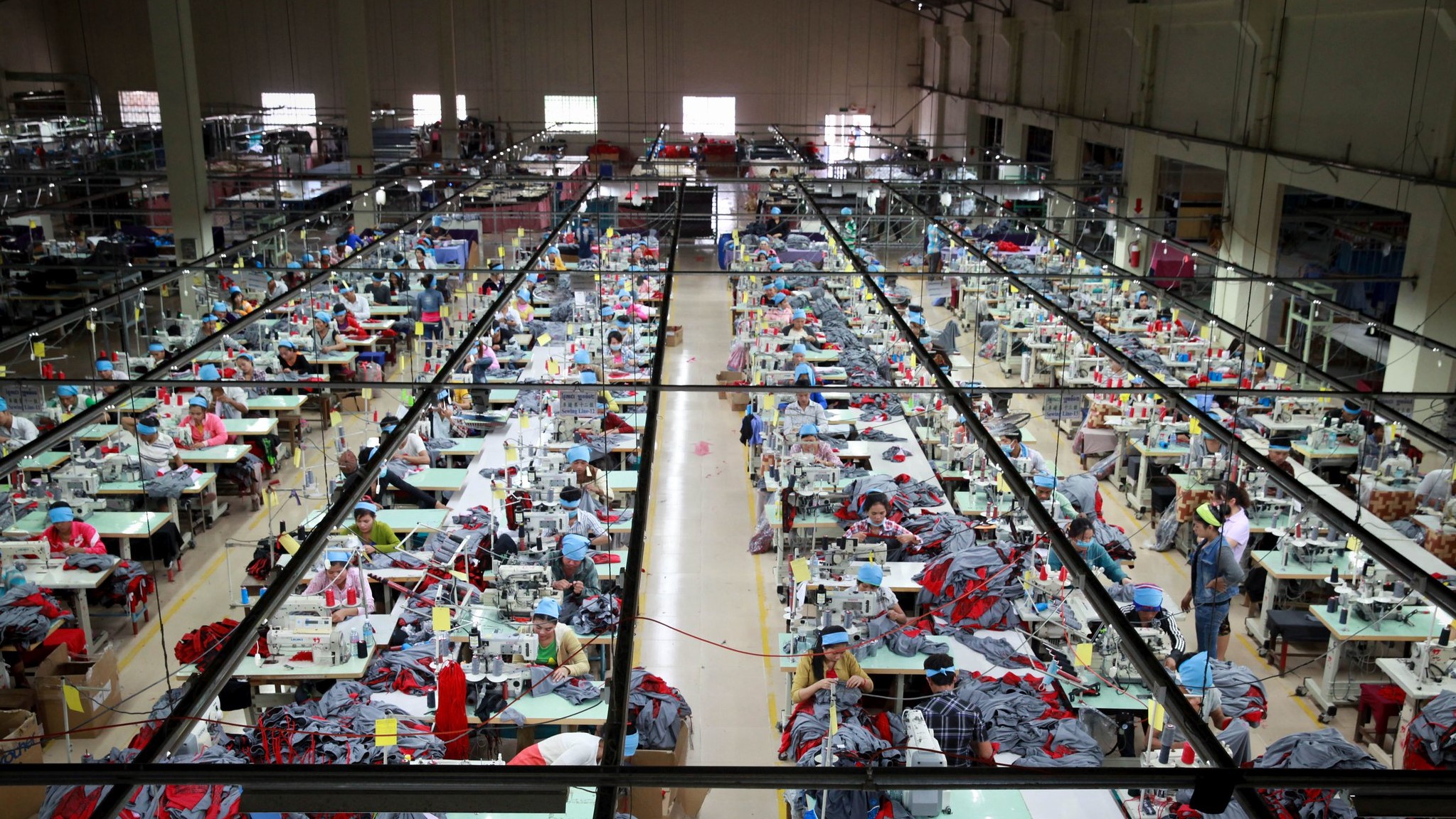

Low-carbon development and climate change mitigation in Cambodia
08 January 2024 Charles Arthur

A UNIDO project has helped 55 factories and small and medium enterprises reduce greenhouse gas emissions, cut other forms of pollution, reduce production costs and increase productivity. The project, supported by the Global Environment Facility (GEF) and which ran since 2017, is a significant step in the promotion of green industrial practices and the mitigation of climate change in Cambodia.
By applying the transfer of environmentally sound technology methodology, the project addressed industrial pollution caused by the release of air, water, solid and liquid materials, and the discharge of toxic chemical waste.
As the UNIDO project manager Rana Pratap Singh said at a closing ceremony in Phnom Penh, the project provided the factories and enterprises with a green industrial framework for accessible and scalable practices.
“The project contributed to improving manufacturing conditions and supported the transition towards green industry. The 55 factories and SMEs were able to save resources and increase productivity by 10-20%, leading to an annual saving of around US$10m per year,” said Singh.

Narin Sok, UNIDO Cambodia Country Representative, noted that aside from the economic benefits of the project intervention, there has also been a great environmental impact. “The project can potentially contribute directly to CO2 reduction with an average of 40,000 tonnes per year during the period of 2018-2028, while also contributing to a sustainable reduction in the discharge of wastewater, solid waste and greenhouse gas emissions."


Sok also noted the social impact. “The project also benefited approximately 130,000 workers, over 80% of them women, at the beneficiary factories and SMEs by assisting these factories in meeting sustainability and compliance standards. It built the capacity of factory key staff, improved the health and safety of workers, reduced negative impacts on the surrounding community, and fostered a shift in mindset towards green activities and practices.”

Also speaking at the project closing, Hem Vanndy, Cambodia’s Minister of Industry, Science, Technology, and Innovation (MISTI), thanked all stakeholders for their strong collaboration. “The project helped the factories and SMEs strengthen resource efficiency and cleaner production, and implement environmental management systems and environmental management accounting, (thus) increasing productivity, reducing production costs and increasing the competitiveness of manufacturing sectors for local, regional and international markets,” said Hem.
Hem urged the public and private sectors, and institutions under the MISTI, to commit to and continue to support the initiatives, adding that the approach could have an even bigger impact on the greening of industry through the development of eco-industrial parks in Cambodia.